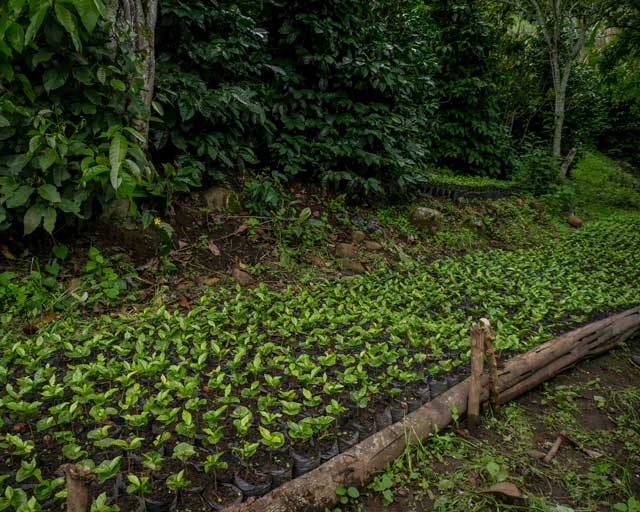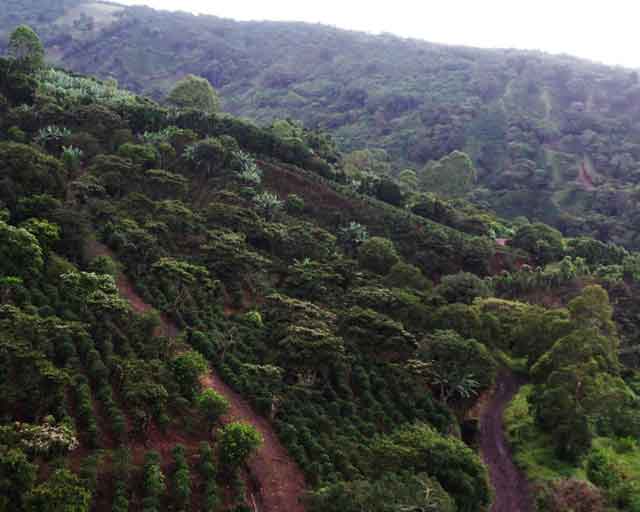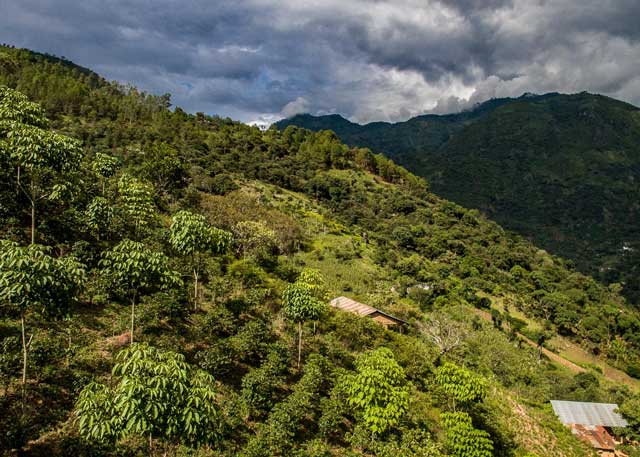The power of regulation
One thing is clear: Regulation has the power to bring about real change. And the sooner legislation such as the EUDR comes into play the better. Policy and regulation gives companies, governments and solutions providers like PUR a useful framework to standardise approaches, foster transparency and provide clarity, so that everybody knows what they need to do. Without regulatory frameworks, sustainability often remains a low-priority item, with only a minority of companies taking significant voluntary action. For example, extended producer responsibility schemes – putting the onus on manufacturers to take responsibility for the entire lifecycle of their products, including end-of-life disposal – has encouraged companies to design products that are easier to recycle, reuse, or compost. In Europe, the EU’s Single-Use Plastics Directive has forced companies to rethink their packaging strategies, invest in compostable or fossil-fuel free alternatives, and support recycling initiatives.
The EUDR has the potential to drive companies to reimagine their sourcing strategies forever in a similarly powerful way.
Yes, the primary objective of the regulation is to reduce global deforestation. But another goal of the law is to promote greater transparency and sustainability in global supply chains. The stringent due diligence processes required by the regulation means firms will need to trace their products back to the plot of land where the commodity was produced, and demonstrate that the goods they trade comply with both the regulation’s deforestation criteria and local environmental laws.
The incoming law also sets a global precedent for sustainable trade, sending a strong signal to global producers and exporters that sustainable production is no longer optional but mandatory to access key markets like the EU. It is a shift that is expected to have a ripple effect, encouraging countries that export agricultural commodities to adopt more sustainable land-use practices and forest management policies in order to maintain market access.




